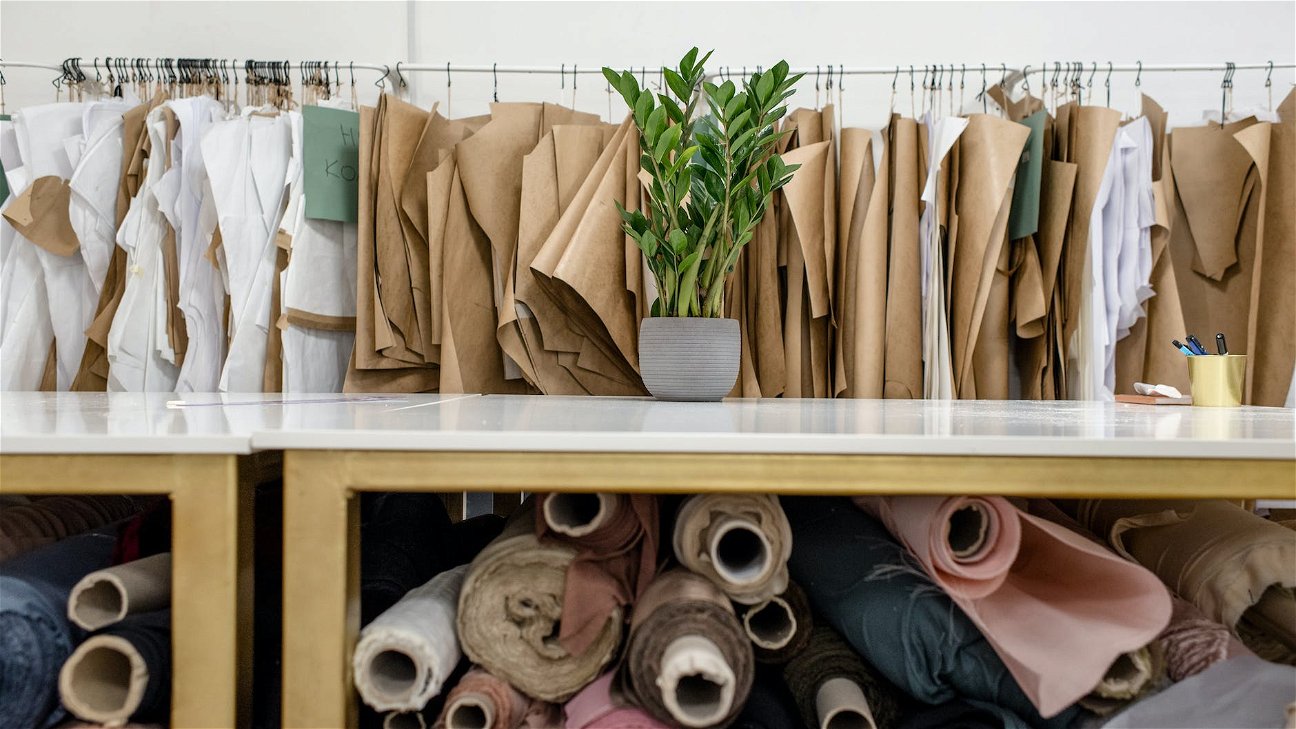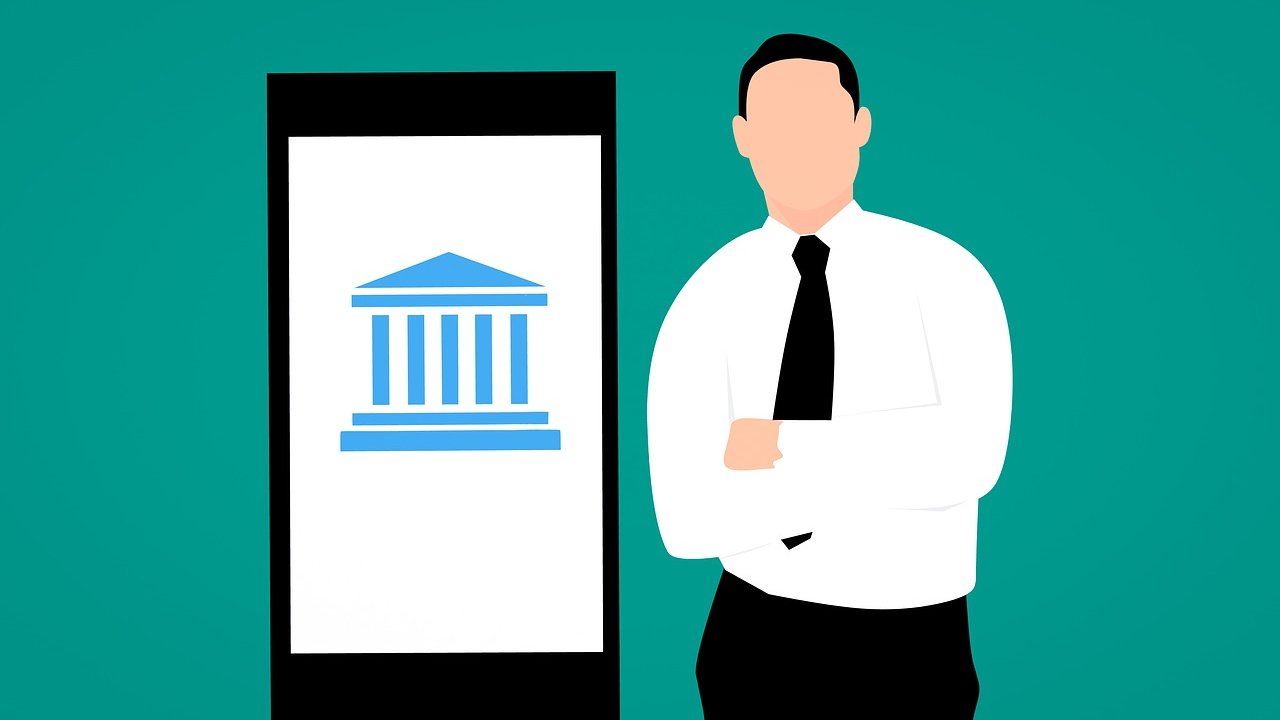
Who doesn't love a good shopping spree? Known as retail therapy, it's a practice many of us turn to when we're feeling down, stressed, or simply in need of a mood boost. But have you ever stopped to think about the psychology behind retail therapy, or its potential financial impact? Let's dive in.
The psychology of retail therapy
Retail therapy isn't just about shopping – it's about the emotions attached to it. Shopping can create a sense of joy, satisfaction, or control, contributing to the 'retail therapy effect'. Psychologists attribute this to several factors.
- Instant gratification: Buying something new provides immediate satisfaction and a temporary escape from any negative emotions we might be experiencing.
- Perceived control: When life feels out of control, making purchase decisions can offer a sense of autonomy and control.
- Self-expression: Our purchases often reflect our identity or desired self-image, serving as a form of self-expression.
However, while the psychological benefits of retail therapy are clear, it's also necessary to consider the financial impact.
The financial impact of retail therapy
Engaging in retail therapy without considering the financial consequences can lead to stress and financial instability. Here's how retail therapy impacts your finances.
- Impact on budget: Regular retail therapy sessions can significantly deplete your budget, leaving less money for essentials like rent, groceries, or bills.
- Debt accumulation: If you're using credit cards for retail therapy, the debt can pile up quickly, leading to high interest payments and potential credit score damage.
- Savings depletion: Money spent on non-essential purchases could have been added to your savings, impacting your long-term financial goals.
So, how can you enjoy the benefits of retail therapy without suffering the financial consequences?
Balancing retail therapy and your budget
Here are some tips to balance your retail therapy habits with your financial reality.
- Set a budget: Dedicate a set amount of your income for retail therapy. Ensure it doesn't affect your ability to cover your necessities or contribute to your savings goals.
- Pay in cash: Using cash instead of credit cards can help control spending as it provides a physical reminder of the money you're parting with.
- Wait before purchasing: If you're considering a big purchase, give yourself a 'cool-down' period. This can prevent impulse buying.
Shopping can be therapeutic, but understanding the psychology behind retail therapy and its financial impact is important. With careful planning, you can enjoy your shopping sprees without stressing over your financial health.











